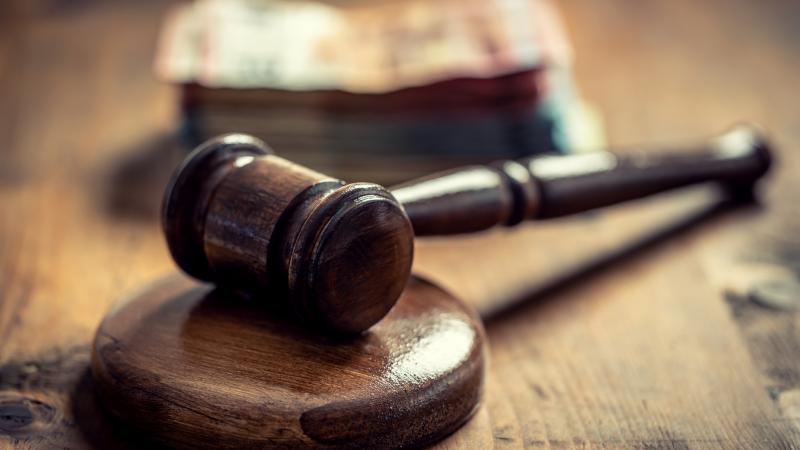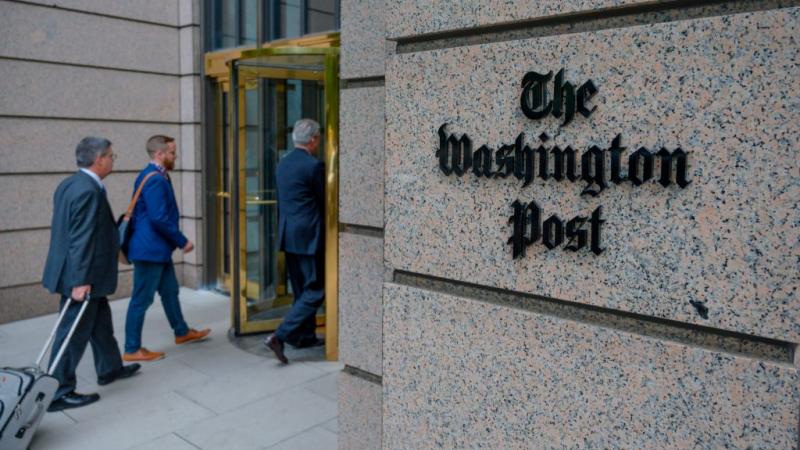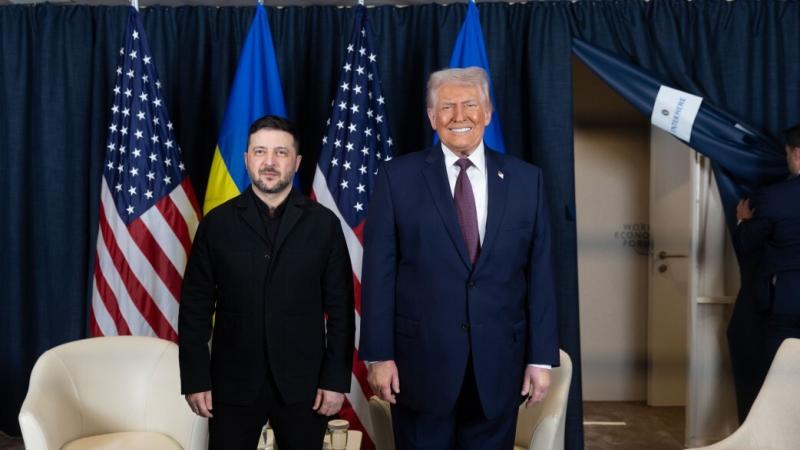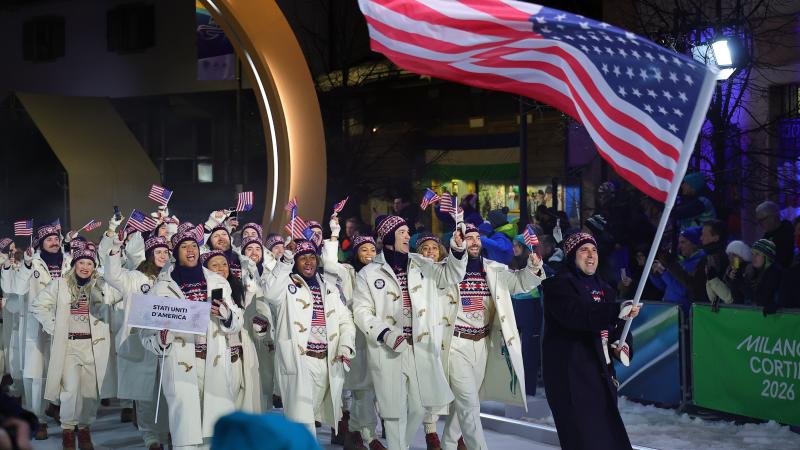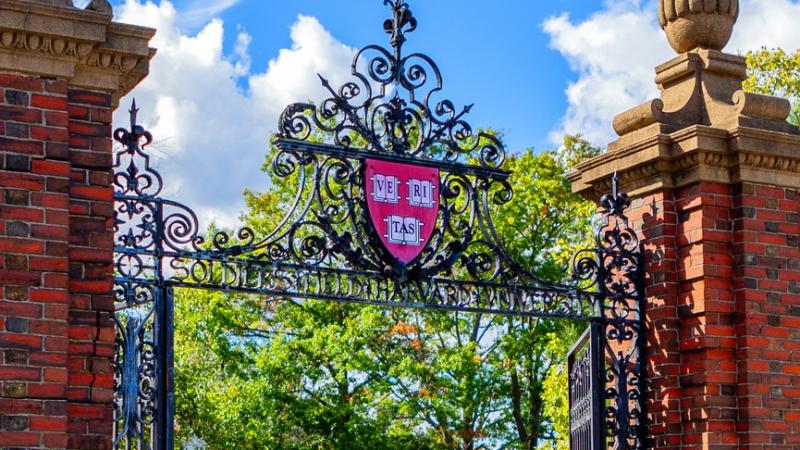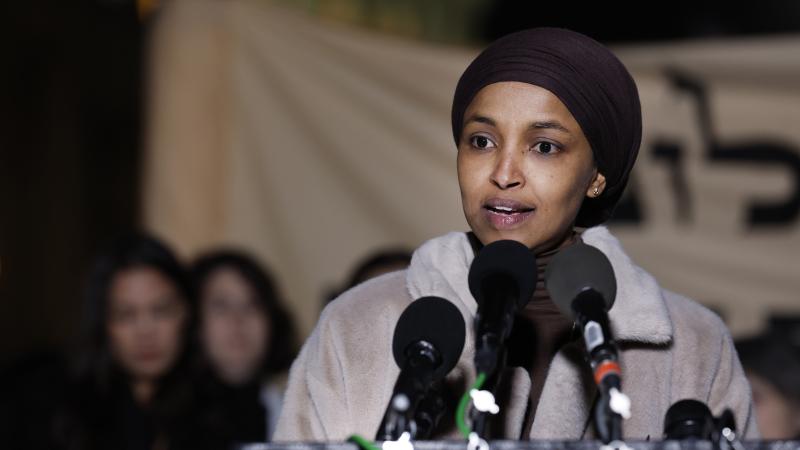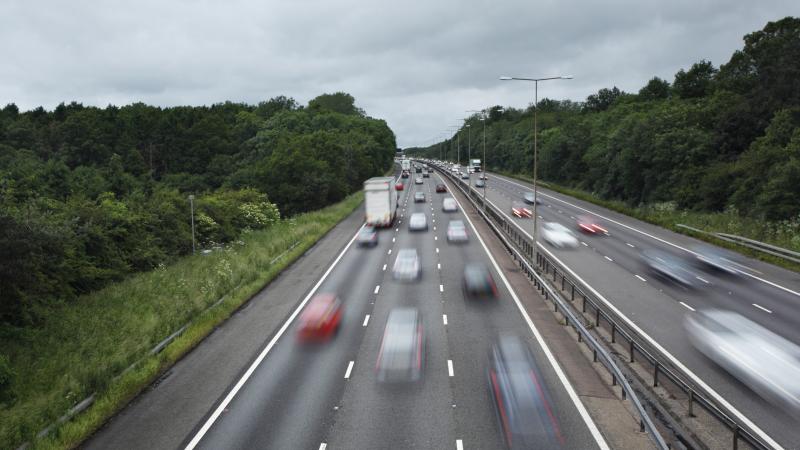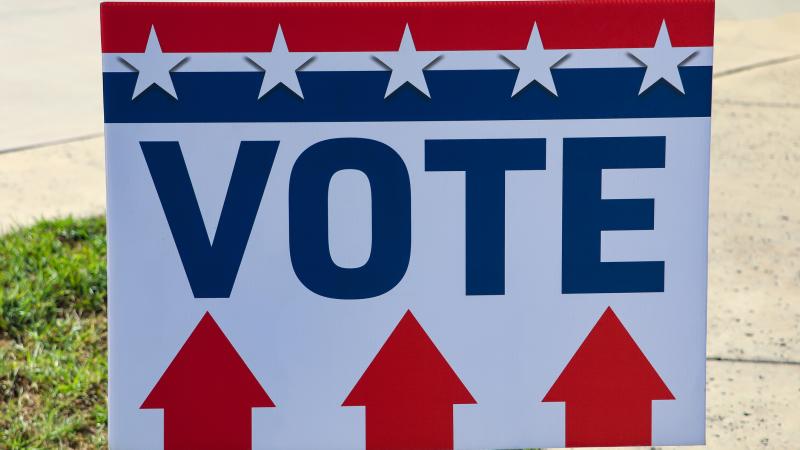Supreme Court allows injured police officer's case against Black Lives Matter activist to proceed
In 2020, the justices, in an unsigned decision, called the First Amendment issue “undeniably important” but returned it to the Louisiana court system
The Supreme Court on Monday allowed a police officer’s lawsuit against a Black Lives Matter leader to move forward.
The high court's justices, in a brief order, allow the case to proceed by turning away activist DeRay Mckesson’s First Amendment appeal.
The decision means Mckesson must face the lawsuit brought by the anonymous officer who was injured during a 2016 protest.
Days after police fatally shot Alton Sterling in Baton Rouge, La., Mckesson organized a protest at which demonstrators blocked a highway outside a local police station, according to The Hill newspaper.
As police cleared the roadway, the officer, identified as John Doe, was hit with a “rock-like object” and suffered brain trauma, among other injuries, court filings show.
Mckesson did not throw the object, and it is undisputed that he never authorized the violence. But the officer claims that Mckesson’s leadership at the event still makes him liable for the unidentified culprit’s actions.
In 2020, the justices, in an unsigned decision, called the First Amendment issue “undeniably important” but returned it to the Louisiana court system to first get clarity on whether state law would allow the officer to seek such damages.
Louisiana’s top court ruled state law would allow for such. And the 5th U.S. Circuit Court of Appeals then issued a ruling rejecting Mckesson’s First Amendment defense and allowing the lawsuit to proceed closer to trial.
Mckesson then brought his First Amendment claim back to the high court. But in a brief, unsigned order, as is typical, the Supreme Court refused to review that 5th Circuit ruling, the Hill also reportrf.

